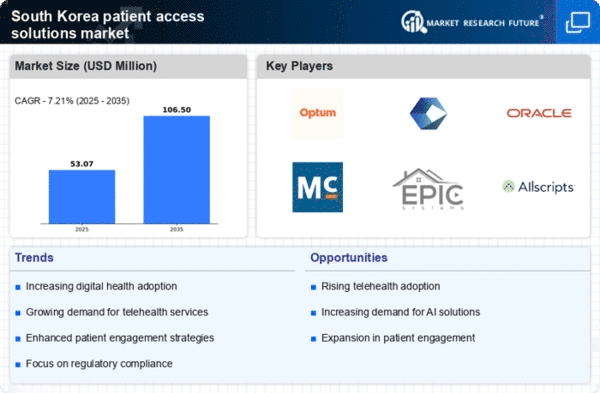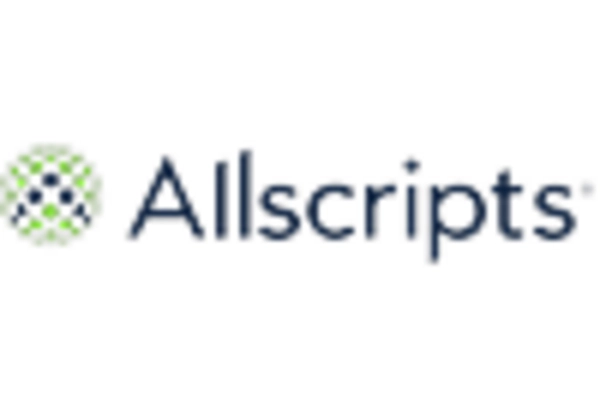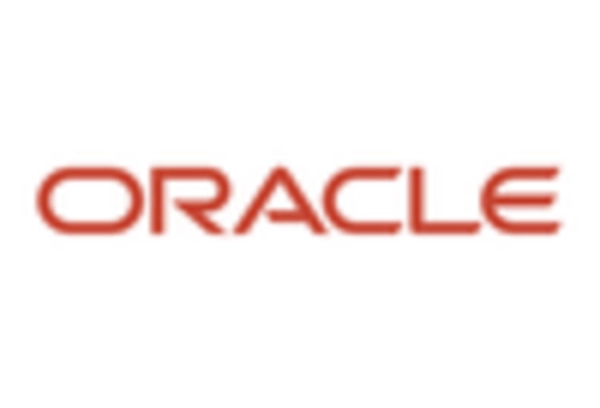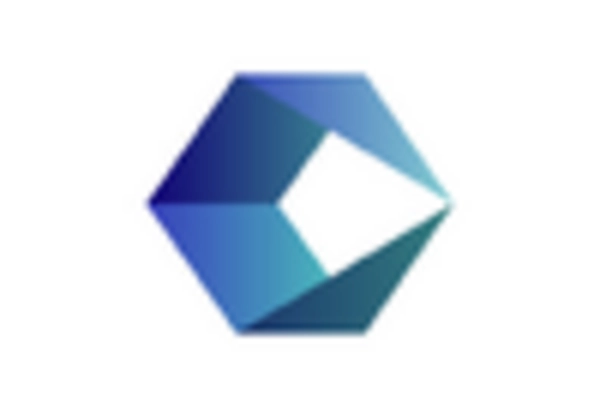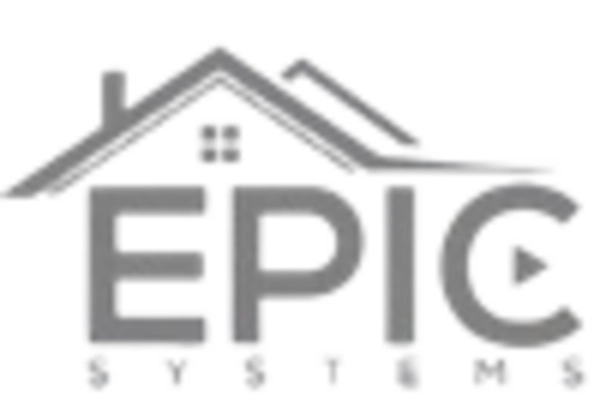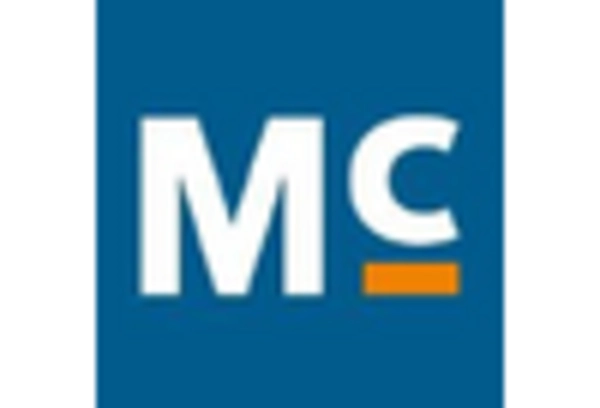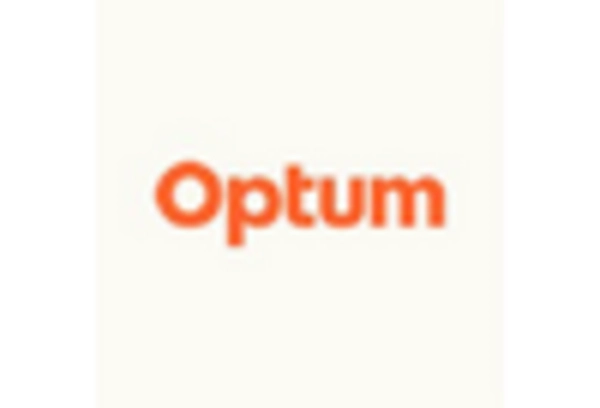Increased Focus on Health Equity
The patient access solutions market is increasingly influenced by a heightened focus on health equity. In South Korea, disparities in healthcare access and outcomes among different population groups have prompted initiatives aimed at addressing these inequalities. The government and healthcare organizations are working collaboratively to ensure that all individuals, regardless of socioeconomic status, have access to essential health services. This commitment to health equity is likely to drive the development of patient access solutions that are inclusive and accessible. As a result, the market may see innovations that cater to underserved populations, thereby expanding its reach. The emphasis on equitable healthcare access is expected to foster a more inclusive patient access-solutions market, ultimately benefiting the overall healthcare system.
Growing Emphasis on Preventive Care
The patient access solutions market is being shaped by a growing emphasis on preventive care. In South Korea, there is a concerted effort to shift the focus from reactive to proactive healthcare, which is reflected in public health campaigns and initiatives aimed at disease prevention. This shift is likely to drive demand for patient access solutions that facilitate early detection and management of health conditions. The integration of preventive care strategies into healthcare delivery models is expected to enhance patient engagement and reduce healthcare costs in the long run. As a result, the patient access-solutions market may experience growth as healthcare providers adopt technologies that support preventive measures, such as health screenings and wellness programs. This trend indicates a proactive approach to healthcare that could reshape the market landscape.
Expansion of Health Insurance Coverage
The patient access solutions market is positively impacted by the expansion of health insurance coverage in South Korea. Recent reforms have aimed at increasing the number of individuals with access to affordable healthcare services, thereby enhancing overall patient access. With more people insured, there is a greater likelihood of seeking medical care, which in turn drives demand for patient access solutions. The government has implemented policies to improve coverage for various health services, including preventive care and chronic disease management. This expansion is expected to lead to a more robust patient access-solutions market, as healthcare providers adapt to the needs of a larger insured population. The trend suggests that as insurance coverage continues to grow, the market will likely see increased investment in solutions that facilitate access to care.
Technological Advancements in Healthcare
The patient access solutions market is experiencing a notable transformation due to rapid technological advancements in healthcare. Innovations such as telemedicine, mobile health applications, and electronic health records are enhancing patient engagement and streamlining access to services. In South Korea, the integration of artificial intelligence and machine learning into healthcare systems is expected to improve patient outcomes and reduce operational costs. The market is projected to grow at a CAGR of approximately 12% over the next five years, driven by these technological innovations. Furthermore, the increasing adoption of wearable devices is facilitating real-time health monitoring, thereby empowering patients to take charge of their health. This trend indicates a shift towards more patient-centered care, which is likely to bolster the patient access-solutions market significantly.
Rising Demand for Personalized Healthcare
The patient access solutions market is witnessing a surge in demand for personalized healthcare services. As patients become more informed and engaged in their healthcare decisions, there is a growing expectation for tailored solutions that cater to individual needs. In South Korea, the emphasis on personalized medicine is reflected in the increasing investment in genomic research and precision therapies. This shift is likely to enhance patient satisfaction and adherence to treatment plans, ultimately leading to better health outcomes. The market is anticipated to expand as healthcare providers adopt technologies that facilitate personalized care, such as data analytics and patient management systems. This trend suggests that the patient access-solutions market will continue to evolve, focusing on delivering customized experiences that resonate with patients.


